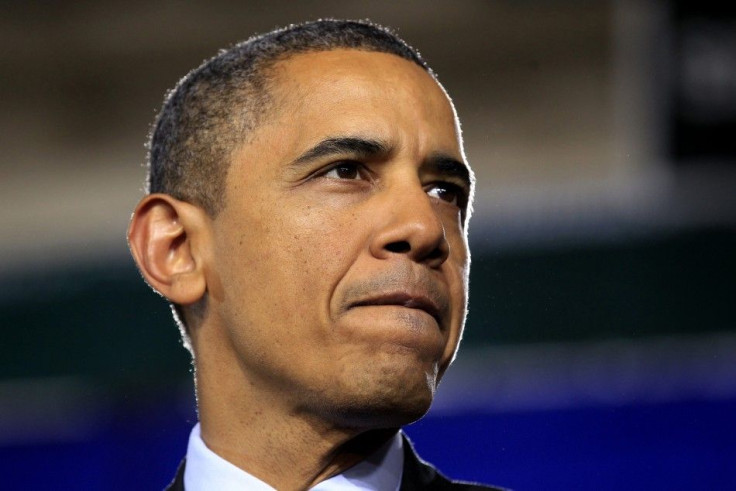Majority of U.S. Voters Advocate Military Strike on Iran, Concerned About Potential Terrorist Attack

Almost half of American voters think the U.S. should be willing to use military force to prevent Iran from obtaining nuclear weapons, while even more said they were concerned Iran-backed terrorist attack against the U.S., according to a new poll from The Hill.
The results, based on a nationwide survey of 1,000 likely voters, found that 49 percent of Americans said the U.S. should use military force to stop Iran from developing or acquiring a nuclear weapon, compared to 31 percent who said military force should not be used and a significant 20 percent who said they were not sure.
In the poll, 49 percent of respondents said they opposed cutting military spending in order to balance the federal budget, indicating that U.S. security is a top issue for many prospective voters. However, the Middle East region seems to be the main point of concern, as 52 percent of respondents also the U.S. military presence in Europe and Korea should be either reduced or eliminated. Thirty-six percent said those forces should be retained and 5 percent said they should be increased.
Meanwhile, 62 percent of likely voters said they were somewhat or very concerned about Iran making a terrorist strike in the U.S.
Iran has become a hot-button issue this election cycle and tension between the U.S. and Tehran thicken. Although Iranian officials deny pursuing nuclear weapons, U.S. actions indicate the claim is far from believable. In January two Democratic senators introduced legislation that would impose further economic sanctions on Iran's energy sector, aiming to cut off funding that could directed toward nuclear weapon development.
The package comes on the heels of new embargoes by European nations, as well as banking sanctions President Barack Obama signed into law on Dec. 31.
Iran Still Threatens Strait of Hormus Action
In response, the Iranian government has threatened to close the Strait of Hormuz, a crucial oil passageway in the Persian Gulf. The U.S. has said the move would be crossing a red line of provocation that some officials say is tantamount to an act of war.
In his recent State of the Union address, President Obama stressed that the U.S. is committed to preventing Iran from obtaining a nuclear weapon.
Let there be no doubt: America is determined to prevent Iran from getting a nuclear weapon, and I will take no options off the table to achieve that goal, the president said. But a peaceful resolution of this issue is still possible, and far better, and if Iran changes course and meets its obligations, it can rejoin the community of nations.
Those running for the Republican presidential nomination have taken a hard-line stance against Iran, advocating an immediate military response if sanctions fail. The candidates have criticized Obama's diplomatic efforts, saying his efforts to negotiate with Iran are a sign of weakness.
U.S. Rep. Ron Paul, who argues for rolling back the nation's military commitments overseas, has warned that starting a new military conflict with Iran could be disastrous. Unlike his rivals, he does not believe the country is a threat to U.S. national security.
Obama told NBC News over the weekend that Washington is cooperating closely with Israel over the Iranian nuclear issue, but said Israel has not settled on a specific course of action. However, the president said the U.S. will do everything in its power to protect Israel, a long-time US. Ally, from the threat of a nuclear Iran.
My number one priority continues to be the security of the United States. But also, the security of Israel. And we're going to make sure that we work in lockstep, as we proceed to try to solve this -- hopefully diplomatically. [But] I don't think Israel has made a decision on what they need to do, he said.
--
© Copyright IBTimes 2025. All rights reserved.





















